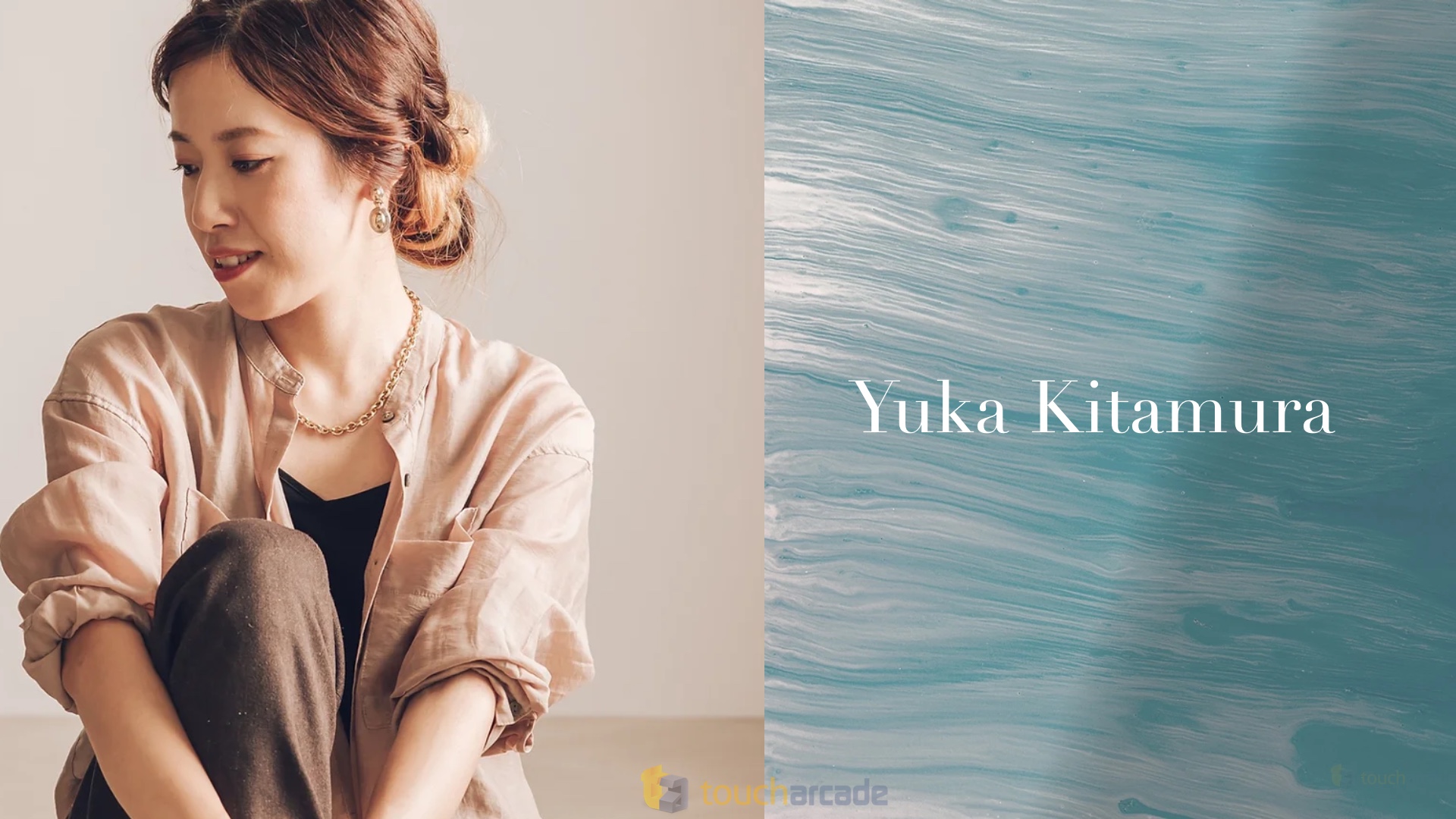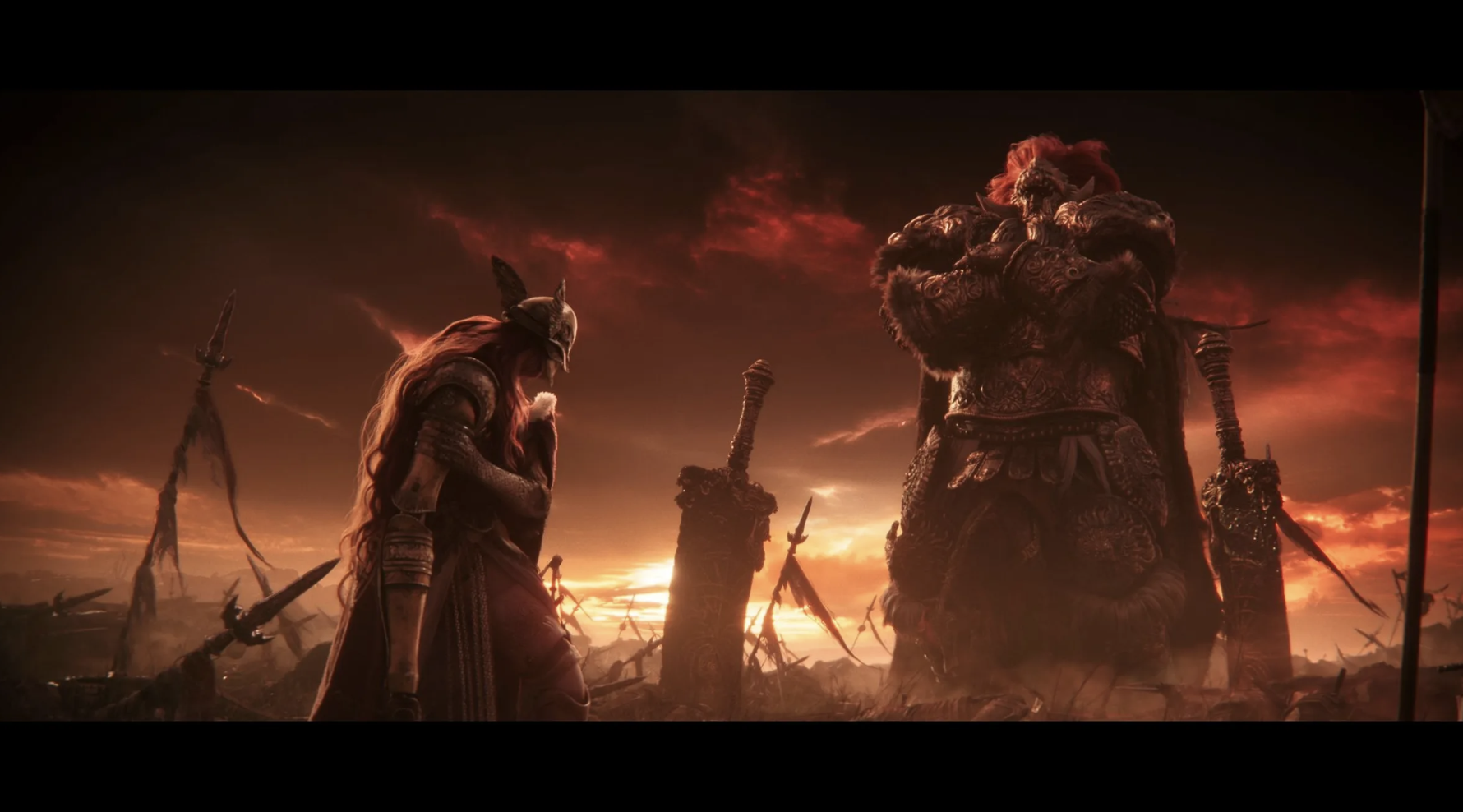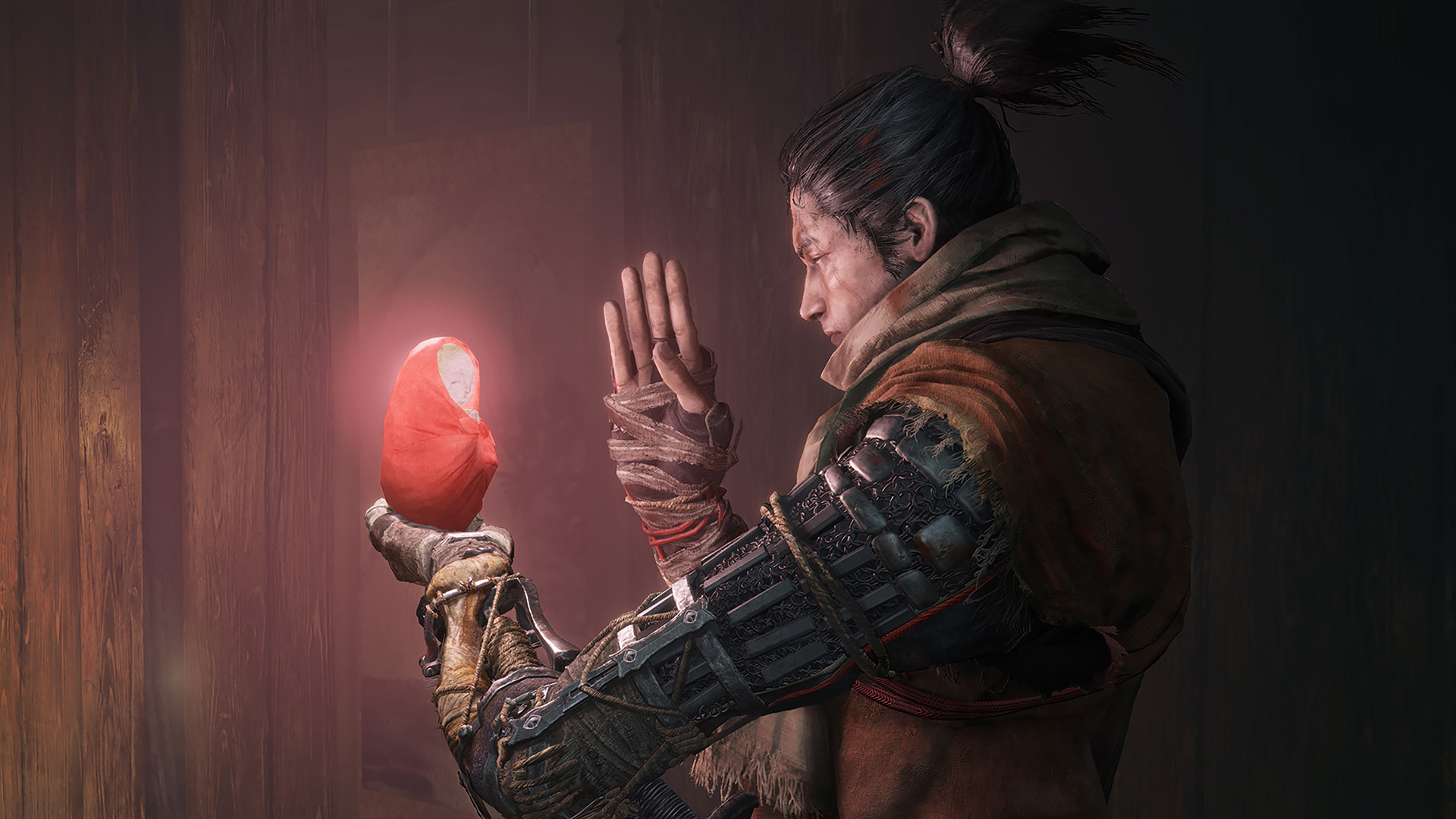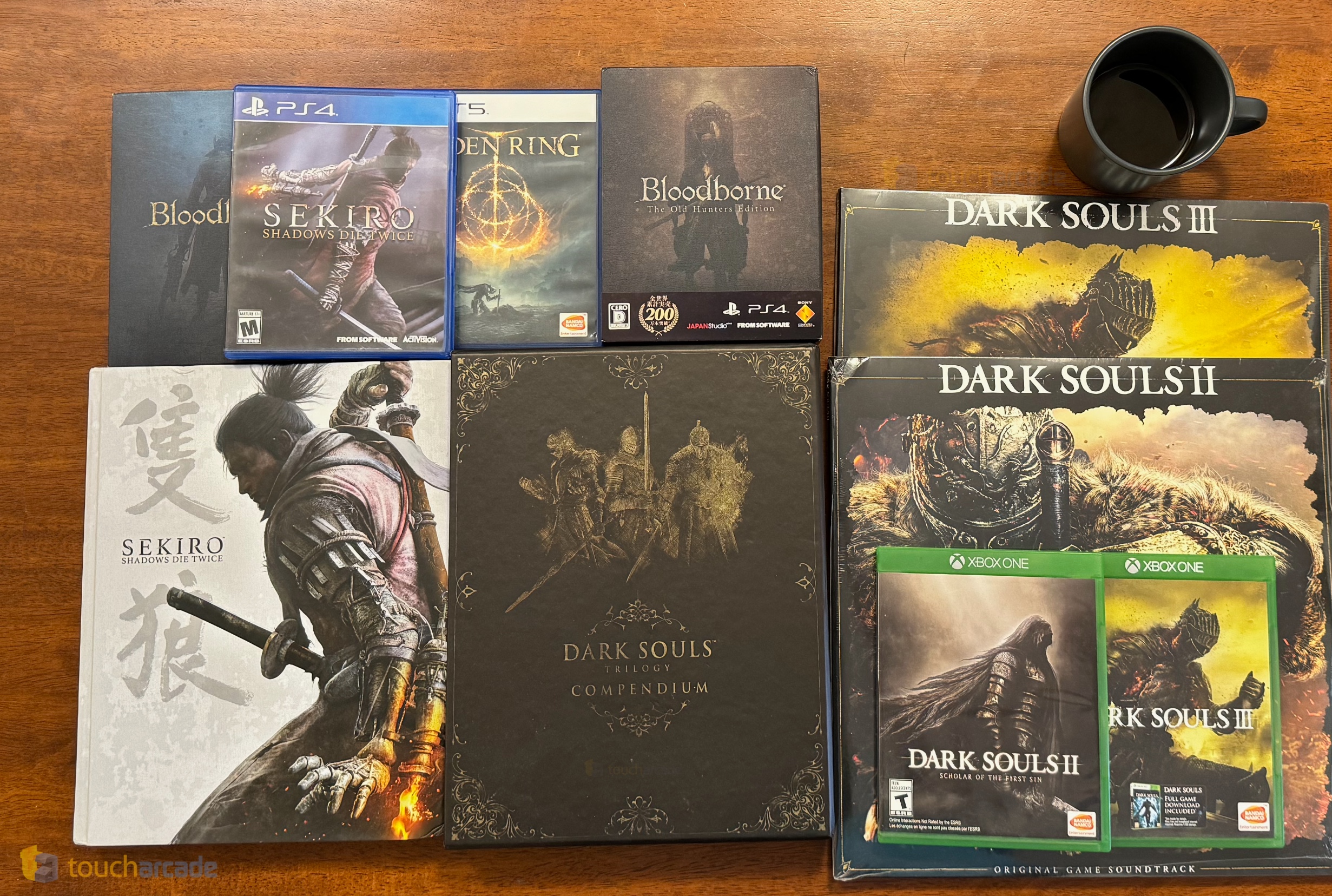Over the years, I’ve been listening to loads of video game music, but few developers have managed to captivate me as much with their soundtracks like FromSoftware. One of the key parts of that is the now-freelance composer Yuka Kitamura. She was a part of FromSoftware for over a decade now composing for games like Bloodborne, Sekiro, Elden Ring, and Dark Souls III. In August last year, she went freelance. I’ve been wanting to interview her for a long time now, and I finally had a chance to do so recently over email. I discussed various things with her including music composition, working with live orchestration, instruments, her music, freelance life, and what we should expect from her this year. This interview was translated from English to Japanese and then from Japanese to English. It was then edited for clarity.

TouchArcade (TA): Tell us a little bit about yourself and how you got into music composition.
Yuka Kitamura (YK): My name is Yuka Kitamura, and I am a composer who creates orchestral music, mainly for video games. I started composing because I was fascinated by video games and their music in my childhood, and I wanted to create music that would move people’s hearts.
TA: How did you end up getting a job in the games industry in 2011?
YK: I had already decided on becoming a game composer in my school days, so after I graduated I really wanted to start working as quickly as possible. I looked for a game company that had a sound department and entered the industry that way.
TA: How has your workflow changed since you became a freelance composer?
YK: Basically, the actual production process has not changed much. However, although that aspect hasn’t changed, the working environment has changed from the one I had at my previous company. I am constantly connecting with new people, and I spend a lot of time in meetings prior to beginning production so that I can understand the world view of each work.
TA: In the past, you’ve worked with full orchestras, sampled sounds/accompaniments, and blending both. Was there ever a situation where you wanted to do more for a song, but didn’t have time or resources?
YK: This isn’t just limited to game music production, but there are many times when I have had to work within a short period of time or with limited resources due to the schedule of the project I was involved in. In such circumstances, I focus on my usual goal of creating music that satisfies the client’s needs.
TA: This is a question from a friend of mine, but in works that involve mixing live music with sampled sound sources and accompaniment, do you ever make adjustments between those materials in order to achieve the work you envision?
YK: Of course. I record the chorus and violin personally during the demo stage of each song as I write it, so basically I adjust the balance between the sampled sound sources and the live music as I go. Most of the time, I make adjustments so that the live performance blends well with the sampled sound source and maintains its quality.
TA: You have worked on many soundtracks that have been loved by millions of people around the world. Have you ever read the feedback from players and reviewers who have played your games?
YK: Yes, I have read many comments on X and on YouTube. I am truly grateful and happy to receive feedback on the games that we have put our hearts and souls into.
TA: Your music expresses so much personal emotion, and you have exquisitely blended elements of beauty, elegance, and despair. Are there any songs that were created with the actual feeling of playing the game in mind?
YK: All of the songs used in the game incorporate the emotions that we want the players to feel, as well as the backgrounds and feelings of the characters in the game. Basically, the direction of each piece of music is decided via discussions with the director of the game, and then I start producing the music.

TA: What have you learned composing for games for over a decade now and how do you plan to implement these learnings in your future compositions?
YK: I’ve always loved game music, and there was a time when I only collected soundtracks. However, my experience in game development has taught me that game music doesn’t stand alone, but rather as one of the elements of the game, harmonizing with the map backgrounds, bosses, situations, and so on. In the future, I would like to take advantage of my knowledge of the internal workings of game development to create music that further harmonizes with each work.
TA: Do you have any recent favorite soundtracks by other composers?
YK: My recent favorite is the soundtrack of the film “Suzume no Tojimari" (AKA Suzume in the West), composed by Kazuma Jinnouchi.
TA: Do you ever play games you’ve composed music for once they release?
YK: Since I have always enjoyed playing games, of course I do. When I was working for my previous company, I used to fight various boss battles over and over again in order to adjust the playback timing of the music.
TA: I have read in other interviews that you prefer to use digital sound sources in your past work. If you had a choice, would you prefer to produce a completely live performance/recording or a digital sound source?
YK: If I could spend a lot of time on it, I think fully live performances can be a good idea. I really like the sound of completely live performances because I find them incredibly moving. However, digital sound sources have evolved considerably, which allows composers to quickly create a performance that is as close as possible to their imagination. Therefore, I feel that a mixture of both approaches is the most suitable way for me to create music.

TA: Over the years, you have incorporated various instruments into your music. Can you tell us about working with the shinobue and wadaiko drums?
YK: When trying to express a certain worldview, I feel that ethnic instruments can convey the atmosphere and soul of the region more directly than using only the usual orchestral instruments. For this reason, I incorporated the shinobue (bamboo flute) and the wadaiko (Japanese drums) to help establish a Japanese setting.
TA: How do you collaborate with other composers? Do you exchange ideas about your work with each other or do you concentrate on your own work?
YK: Generally speaking I don’t do a lot of collaborative work, but I do sometimes invite other composers to work on the same piece. In such cases, we may exchange opinions for the purpose of gaining a better understanding of the setting and atmosphere of the work we are involved in.
TA: I know you play a variety of instruments such as violin and cello, but are there any other instruments you would like to learn?
YK: I haven’t ever learned the guitar, and I have always wanted to be able to play it!
TA: Tell us a little bit about your daily routine for work as a freelance composer.
YK: Since becoming freelance, I have had more opportunities to do administrative work and meetings outside of my usual production, and the degree of freedom in how I use my time has greatly changed. In between my regular work, I create scores for performers who request recordings, and I also change up my pace by composing songs with different tastes at the same time. Since I have the freedom to work as I please, I also go out in search of inspiration.
TA: What do you have planned for 2024?
YK: I want to spend this year exploring new directions and tastes for my music by working on some projects outside of the game industry.
TA: Do you have a message for your fans reading this interview?
YK: Thank you very much for your support. I am very encouraged by the messages and other comments I receive from all of you. I hope you will continue to follow me as I take on new challenges.

I’d like to thank Yuka Kitamura for her time and patience here and also to Juon and Shaun Musgrave for translating it.
You can keep up with all our interviews here including our recent ones with Team NINJA, Sonic Dream Team, Hi-Fi Rush, Pentiment, and more.